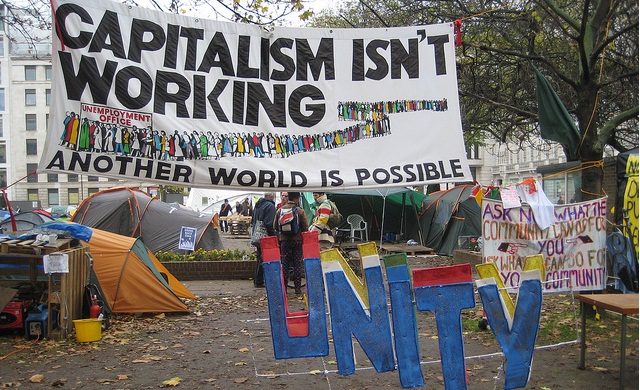Finance ministers and central bank governors of the G20 member states pledged to take necessary actions to prevent the practice of tax base erosion and profit sharing, following the conclusion of the G20 summit in Moscow.

The move came following the discovery in recent months that some multinational corporations had paid little or less taxes in revenues they earned in the countries where they operate.
In the UK, a number of high profile companies including Starbucks, Amazon, and Google were reported to have paid little or no corporation tax as a product of accounting measures and business strategies designed to go around existing laws.
The Group of 20, the financial forum of 19 states and the European Union that controls about 90% of the global gross domestic product, pointed the report prepared by the Organisation for Economic Cooperation and Development (OECD) that some multinational companies pay only as little as 5% corporate taxes in stark contrast with as much as 30% paid by other small enterprises.
In the same report, the OECD found out there are “small jurisdictions” receiving huge amounts of foreign direct investments compared to bigger economies and investing the same to developed and emerging economies.
Multinational companies based in high-tax regimes, in order to reduce their tax liabilities, create a number of off-shore subsidiaries and benefit from tax breaks offered in these jurisdictions as well as claim losses in high-tax regimes whilst declaring profits in offshore locations, the report noted.
“We are determined… to take necessary collective actions and look forward to the comprehensive action plan the OECD will present to us this July,” the G20 communique read.
The UK, France, and Germany lead the campaign of cracking down companies that engage in tax avoidance activities.
Last week, Barclays (LSE:BARC) said it is to close down its “tax avoidance” unit as part of Antony Jenkin’s, the new chief executive of the bank, plan to restore business confidence and reputation.

 Hot Features
Hot Features













